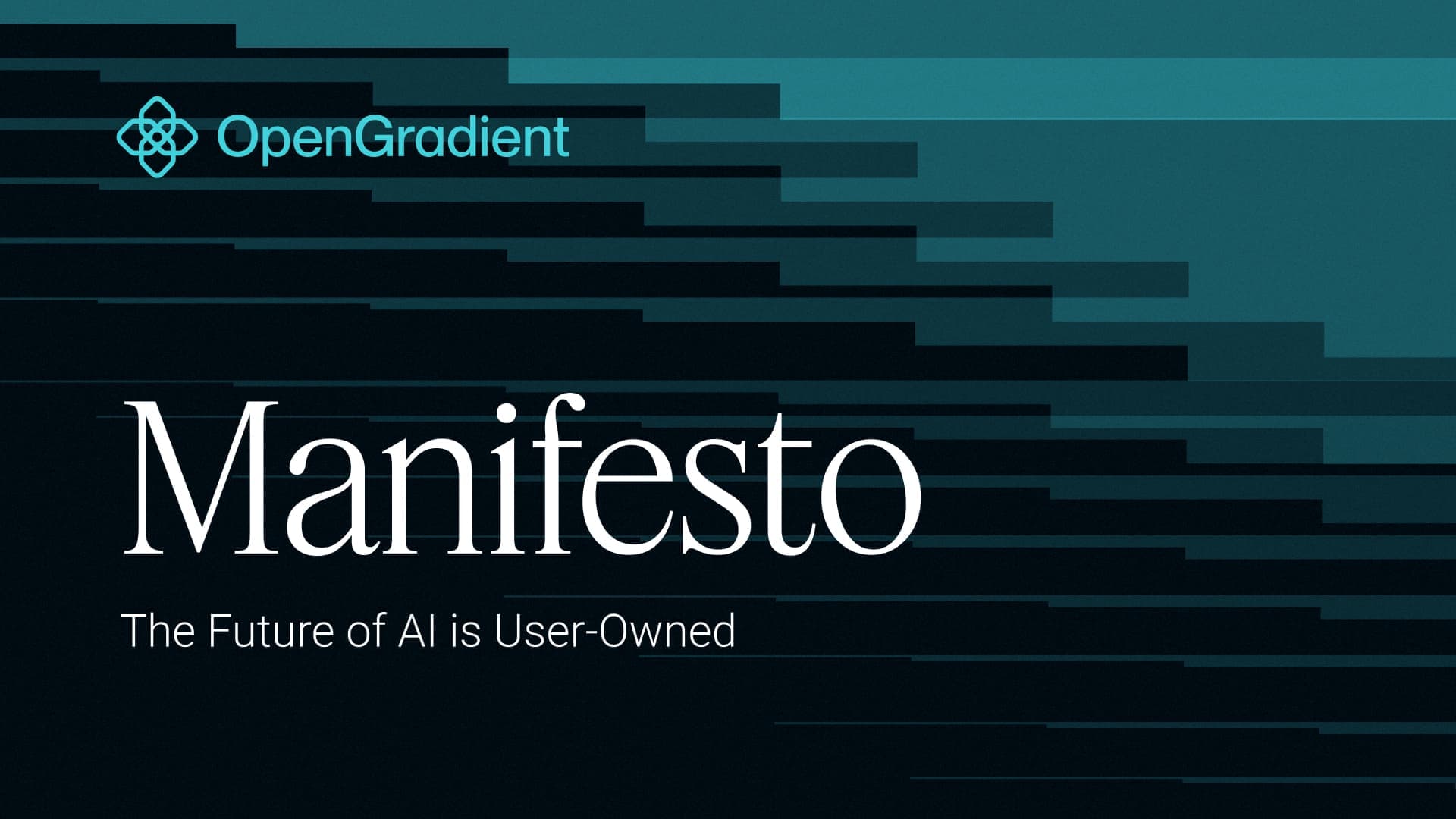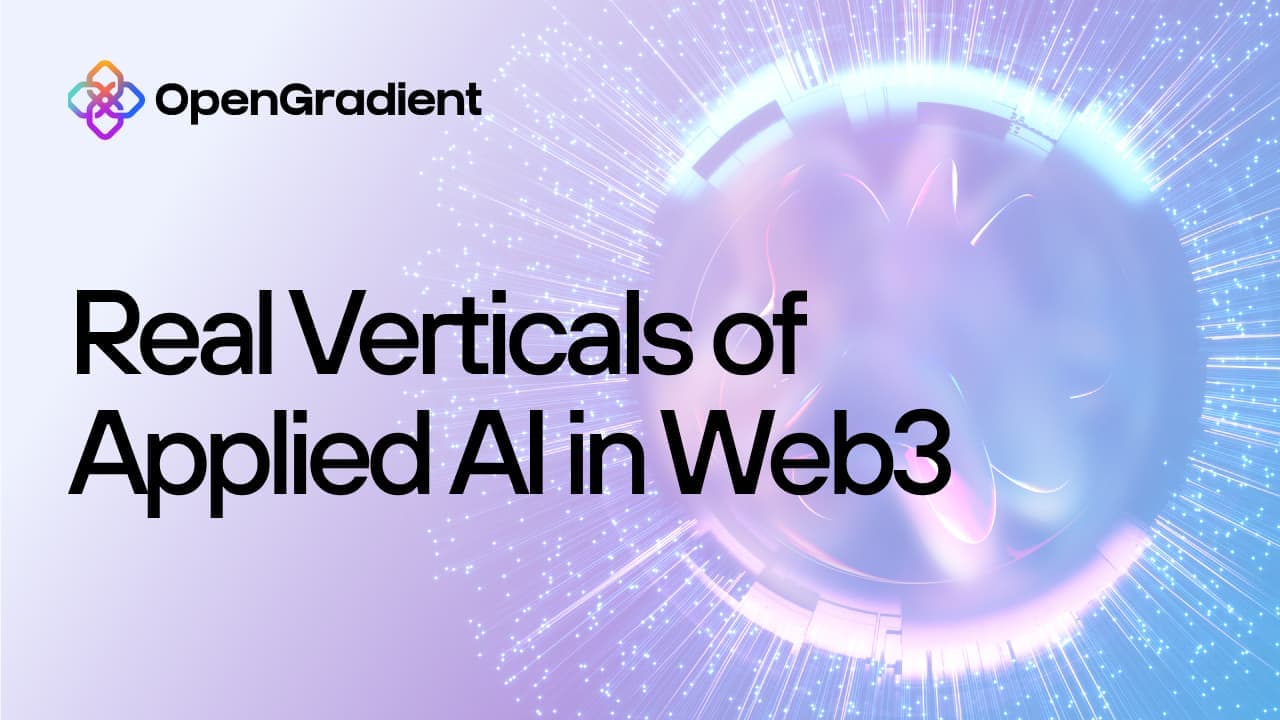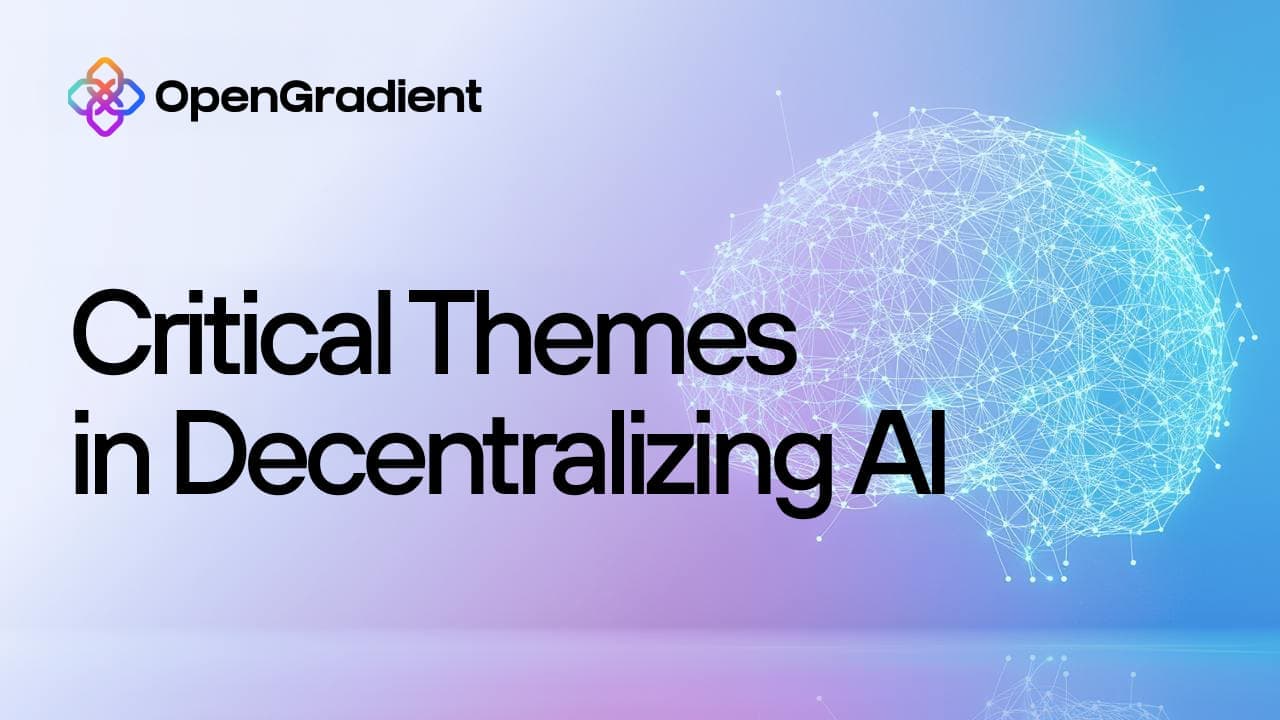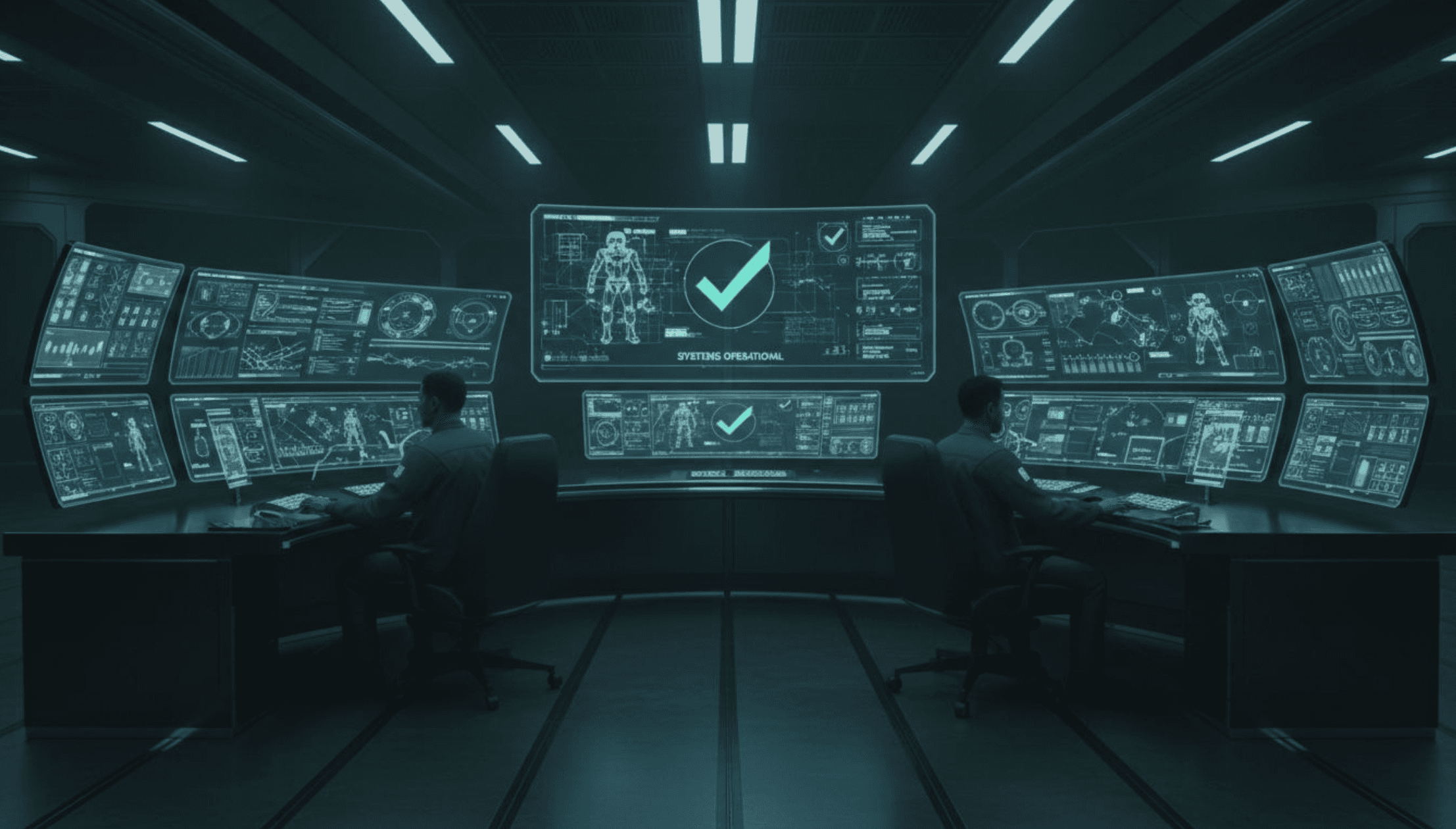The Problem
Every tap, voice note, and health stat you share powers today's AI — but not for your benefit.
Behind the convenience of "Hey Siri" or "ChatGPT, what's next week's forecast?" hides a tradeoff: your memories for their models.
Big tech records the music you play while jogging, the groceries you whisper at red lights, even your mood shifts across times of the day. That data is sold, siloed, and used to shape what you see — search results, prices, news headlines — without your knowledge or consent.
Today, a handful of tech giants control the majority of private sensor data from consumer devices. Their algorithms influence medical decisions, decide whether loans get approved, and curate what your child learns online. You can't inspect them. You can't challenge them. And you certainly don't get paid for providing input.
This is data fracking: extracting value from lived experience, repackaging it, and selling it back — with none of the upside returning to you.
In June 2025, a U.S. judge ordered OpenAI to preserve ChatGPT logs — even "deleted" chats — so they could be reviewed in court. The message is clear: nothing you share is truly private.
If your past is locked in someone else's vault, who really shapes your future?
Why It Matters
Modern AI doesn't remember you. That's the real issue. Each interaction is a blank slate. So even the smartest assistant can't help you in context — your health history, your habits, your goals.
The result? Hallucinated and less relevant advice. Robotic conversations. Tools that feel generic and disconnected from your actual life.
When memory is missing, mistakes follow:
- A medical model forgets your heart anomaly and suggests the wrong dose.
- A credit system ignores years of freelance income and blocks your mortgage.
- An assistant can't factor in your real schedule, stress levels, or dreams.
But what if you owned your context — and could choose which apps and models could see and use it, securely and on your terms?
Our Vision: Context that Belongs to You
We're building a future where your data powers AI that works for you — not against you.
- Contextual AI: Your data stays encrypted on your device and travels with you — powering agents that actually know you, across health, finance, creativity, and daily life.
- Efficient Input, Personalized Intelligence: No more re-typing/re-explaining. Your AI remembers your preferences, habits, background, and goals — so you don't have to repeat them every time. Answers are smarter and customized. Conversations feel natural. Productivity gets boosted.
- Sovereign Data: You choose who sees what. Grant or revoke access instantly. No more hidden terms or silent syncs.
- Open Models: Anyone can audit the data and code behind the AI you use. No black boxes.
- Shared Value: If your data or contributions improve a model, you get a share. Not just as a user — as a co-creator.
- Privacy by Design: Built-in encryption, no central honeypots, no silent scraping.
The World We're Building
Imagine an AI agent that picks up mid-thought — because it remembers your last idea.
A planner that merges your calendar, your health goals, and your energy patterns — and feels handcrafted, not harvested.
A creative tool that adapts to your voice, your style, your time — and helps others without exposing your private life.
Now imagine that same tool pays you when others remix it. That's the power of user-owned AI.
We move from fragmented apps and forgetful assistants to a universal memory vault — yours to control, yours to grow, yours to share.
From Data Serfdom to Data Sovereignty
We don't want to "opt out" of modern AI. We want to opt in — on our terms. With memory. With trust. With ownership.
The future of AI shouldn't be controlled by five companies. It should be owned by all of us.



